Theatre, followed by a rebuttal from Dr. Danny Harvey, Geography Dept. U of
T., by Paul York
After watching this film I have to admit to feeling demoralized. This is not
because I doubt the cause of fighting global warming or the scientific
consensus it is based on (and which is essentially irrefutable by any sane,
rational person), but because we (environmentalists, social justice
advocates, people of good conscience, and rational decent people) seem to be
up against such formidable and entrenched interests, which have now
developed powerful ideological defenses, as this film illustrates.
The issue is very similar to the entrenched ideology of those who exploit animals
systematically, based on an anthropocentric bias that can be explained as
"might equals right." The problem with such ideology is that it has a
preconceived end - justification of a position of power - which excludes the
possibility of open-minded discussion.
I am demoralized when I realize that reason and facts and empirical evidence will not move the ideologues and that they will continue to be committed to a culture of death. The risk of the loss of 50 per cent of the animal species on Earth due to climate change and factory farms have the same ideological underpinning of greed and criminal insanity.

Moulin in Greenland ice mass: 50 per cent of the Arctic ice has melted. Jim Hansen says we should start measuring sea rise in feet, not inches. 100 million people will be displaced (and many will die as a result of this displacement) as sea levels rise. South Pacific islanders have already been forced to move.
The latest incarnation of that ideological defense of an unsustainable status quo is the Bush Administration's promise of a technological quick-fix: "In recent years, the United States has been investing in new energy technologies that have the potential to overcome the challenge of climate change and transform our world. This has been the focus of our efforts here at home and the goal of our international diplomacy, where we have made a special effort to forge new partnerships with developing countries." - Condoleeza Rice. Source:
http://www.state.gov/secretary/rm/2007/09/92893.htm
In other words, they have gone from denial to the so-called "integrated approach," which places great emphasis on the promise of technology, and which has the practical effect of de-emphasizing more environmentally friendly solutions such as conservation, energy-efficiency and renewables. Now others are promoting the "integrated approach," which is problematic for the reasons stated above.
In the face of great ideological, structural and military opposition to the obvious and overwhelming need for our species to enter into an "ecological age," it is easy to lose hope. In those moments, we can turn to the example of others who have gone through great trials of faith in the face of evil: Gandhi and Martin Luther King Jr. come to mind, but there are many others. Ken Saro-Wiwa of Nigeria, murdered by a
military junta in the employ of Shell, is a good example: he stood up for social and environmental justice to the end: "I'll tell you this, I may be dead but my ideas will not die." - Ken Saro-Wiwa, Port Harcourt Prison, November 1995.
Hope is a precious thing, but also very powerful. Hope, justice, love, beauty and truth -- all of these are not possible unless we find it in ourselves to include every being (human and non-human) within our scope of concern.
In the Swindle film, environmentalists were attacked, industrial development was promoted as a necessary good, and the cause of fighting global warming was undermined by the rhetoric of self-interest -- all by older white men (with the exception of the African economist) trying to protect their privelage and the ideology that supports it. Patrick Moore is a good example of this extreme self-interest and disengenuous rhetoric. Greenpeace has repeatedly disavowed him, but he keeps re-surfacing, using their name, paid by the oil companies to travel around and spread anti-environmentalist invective. Bjorn Lomborg is the latest so-called environmentalist who uses that title to attack environmentalism.
Tim Ball was also in the film, saying that he is not paid by oil interests, but that was an outright lie (see http://www.DeSmogBlog.com for disclosure on his financial complicity with Exxon Mobil. We knew that what he said was not credible, but it still hurts me to see someone sell anyone soul in that way, to make a deal with the devil for a few pieces of gold, to use the New Testament illustration. "Every man must decide whether he will walk in the light of creative altruism or in the darkness of destructive selfishness." - Martin Luther King Jr.
Hannah Arendt's famous thesis is that great evil is often the result of ordinary people trying to improve their careers and not thinking of how their actions negatively affect others. The comparison between the historical Holocaust and current climate crisis, famously made by George Monbiot, is entirely appropriate in my view.
George Patterson in "Eternal Treblinka" makes the case that the Holocaust would not have been possible without our historical exploitation of animals - the industrial methods used to slaughter animals was harnessed to slaughter human beings, and the separation of the man from nature has led to man's exploitation and
enslavement of women and other men. Human slavery is today as big a problem
as it was 300 years ago. Patterson's point is that animal slavery makes human slavery possible because it creates that separation in the mind between "us" and "them" - which allows for dehumanization.
The use of Africa in the Swindle fim is pariculary egregious. The claim is made that environmentalists are preventing development from occuring there, which is hurting Africans' chances of becoming industrialzed. The reality is that 1) global warming is already resulting in many deaths there due to drought and an increases in malaria which is traceable to temperature increases, and 2) African poverty is caused in large part by colonial exploitation, exacerbated by neo-colonial globalization in the form resource extraction by mining and oil multinationals (e.g. Shell in Nigeria, copper mines in the Congo, gold and diamond mining in South Africa, and inequity and exploitation such as that described in the documentary "Darwin's
Nightmare"), and 3) medical doctors and eco-psychologists are showing that industrialization causes (and is also the result of) physical and mental illnesses.

African activists protest global warming on the Dec. 8th day of Action, 2007
To blame the plight of Africans on environmentalists and solar power, as is done in the film, is an outrageous and hideous distortion of the truth. What Africa needs is not industrial development, following in our footsteps, but free AIDs drugs, funding for local sustainable development projects run by women (not imposed by Christian NGOs and extraction industries), medicine and hospitals (such as provided by Doctors Without Borders), a withdrawal of extraction industries and reparation for the
damage they've caused, and a ban on the import of weapons -- among other things.
Africa also needs to be free from the drought imposed on them by industrial CO2 produced here: Africans produce on average about 0.3 tonnes per annum and Canadians about 20 tonnes, yet they are dying as a result of the way we live! This global inequity and the North's role in contributing to African poverty was conveniently ignored in the film.
Also egregious was the idea that industrialization is somehow a great good: the field of eco-psychology questions that assumption. It says that we are natural beings, evolved within a natural setting, who damage ourselves by creating artifical environments. "What we are doing to the forests of the world is but a mirror reflection of what we are doing to ourselves and to one another." - Gandhi.
My favourite example is road rage: car companies promote car sales with images of freedom and happiness, people purchase SUVs at great expense to themselves and the planet, and find themselves stuck in rush hour everyday, angry, isolated from the wider community and the natural world. It is racist to assume that our culture and way of life is best. I'm glad that Prof. Harvey noted that happiness cannot be bought and sold in the marketplace. I wish we had had time after the film to discuss such things, but it went on for too long; it was difficult to watch.
Prof. Harvey provided a good scientific rebuttal of the film's erroneous scientific claims, but the "Swindle" film deserves a thorough analysis which he did not have time to deliver. It gives a good insight into what is wrong with the world and our society. Pretty much all of its claims of hype and propaganda are accurate when applied to itself; in other words, there is a good case to be made that it is an example of psychological projection.
Jung's idea of the Shadow and the theory of "hostility displacement" is helfpul to describe this projection. One of the most helpful articles towards an understanding of the claim of censorship of scientists as a manifestation of psychological
projection is provided by Monbiot:
http://www.monbiot.com/archives/2007/04/10/the-real-climate-censorship/
And here is Monbiot's take on the Great Warming Swindle.
http://www.monbiot.com/archives/2007/03/13/channel-4s-problem-with-science/



















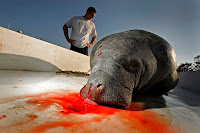





































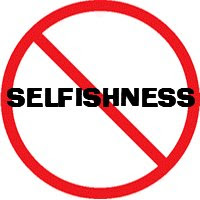

































































































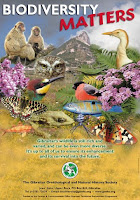

























































































.jpg)























































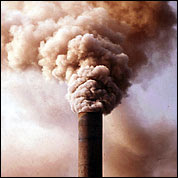













































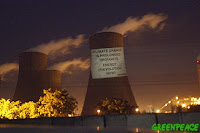













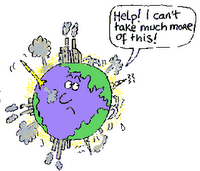




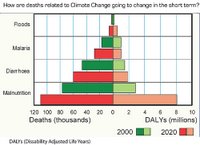
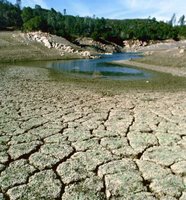










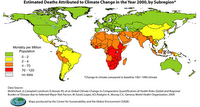
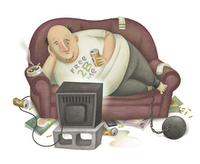

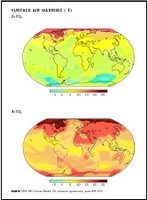










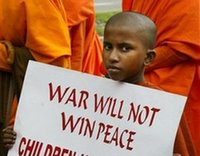



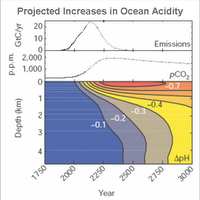

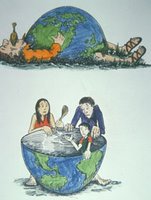


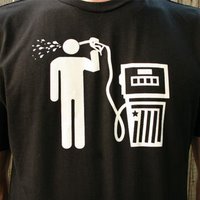





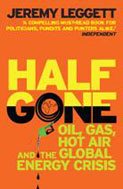
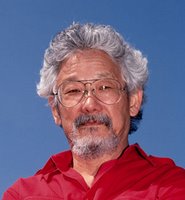











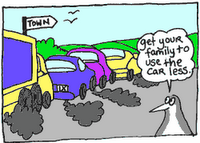


















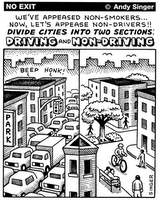
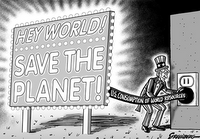


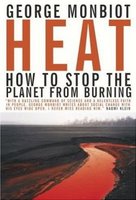



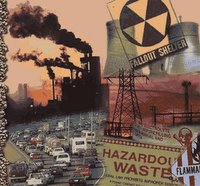


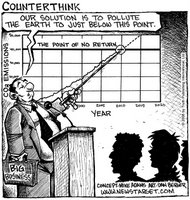

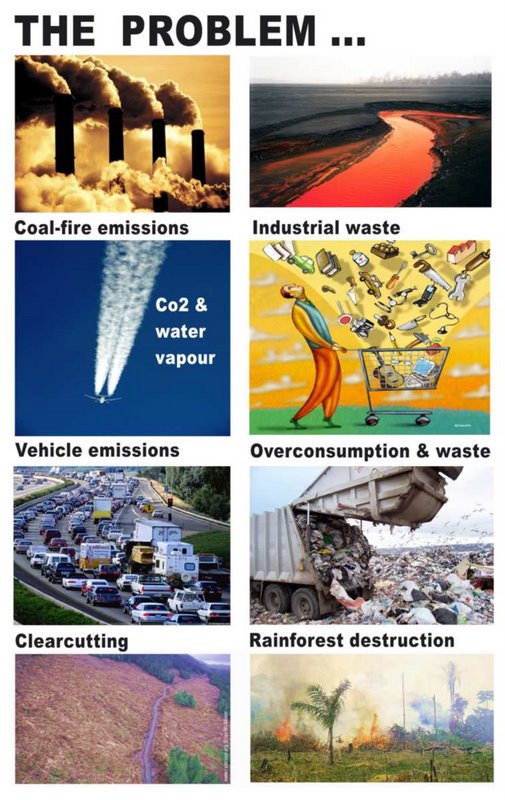
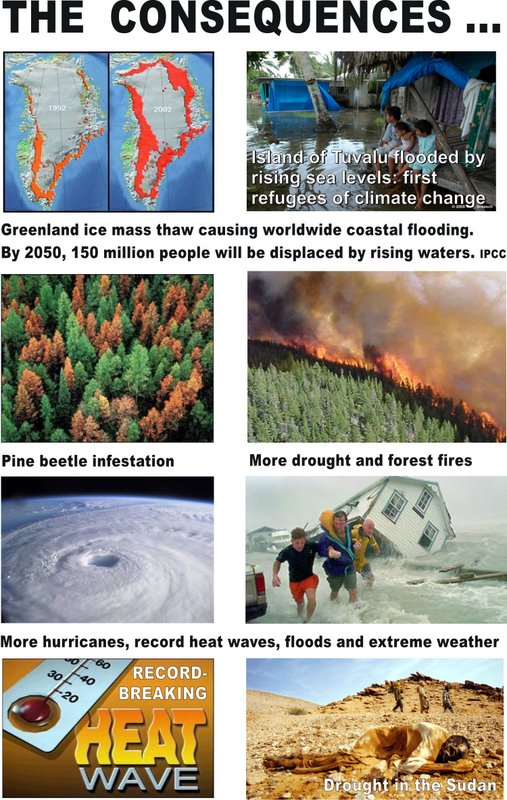
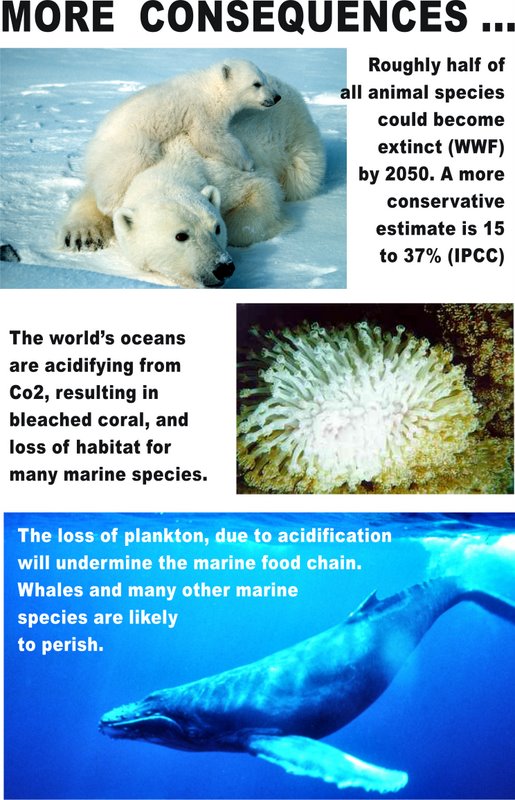
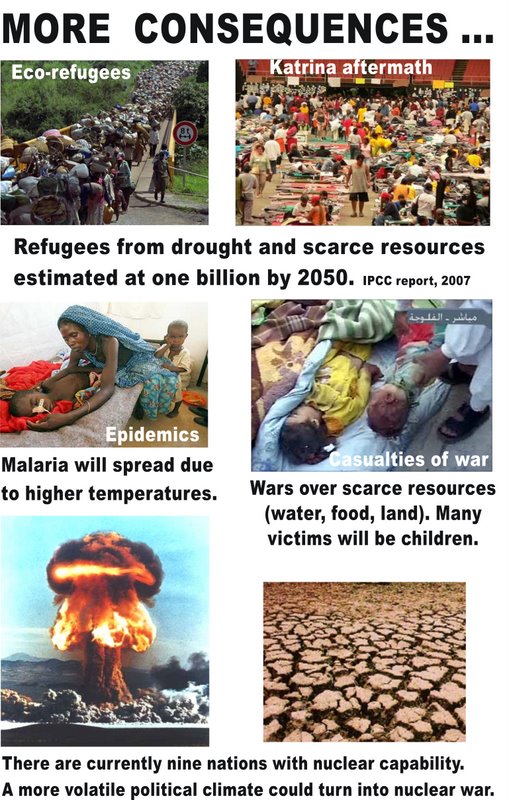



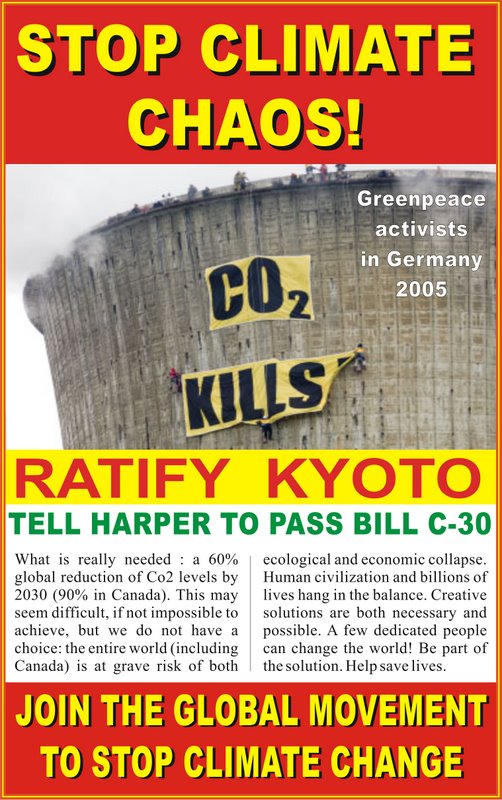
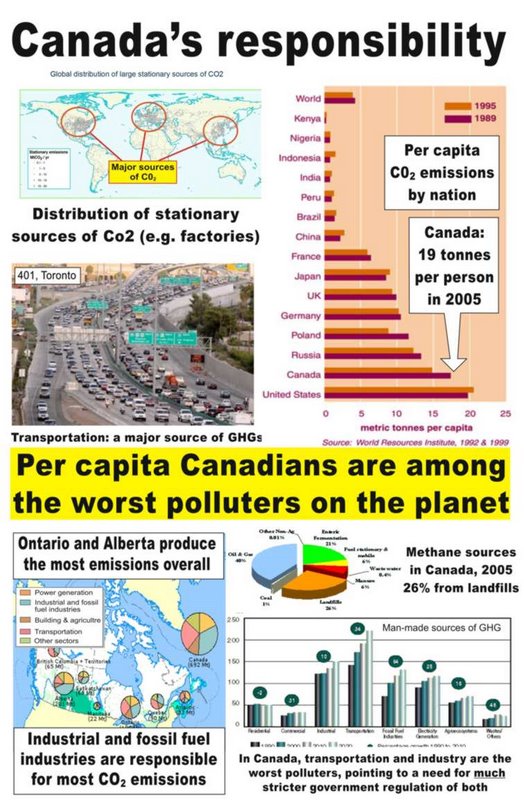
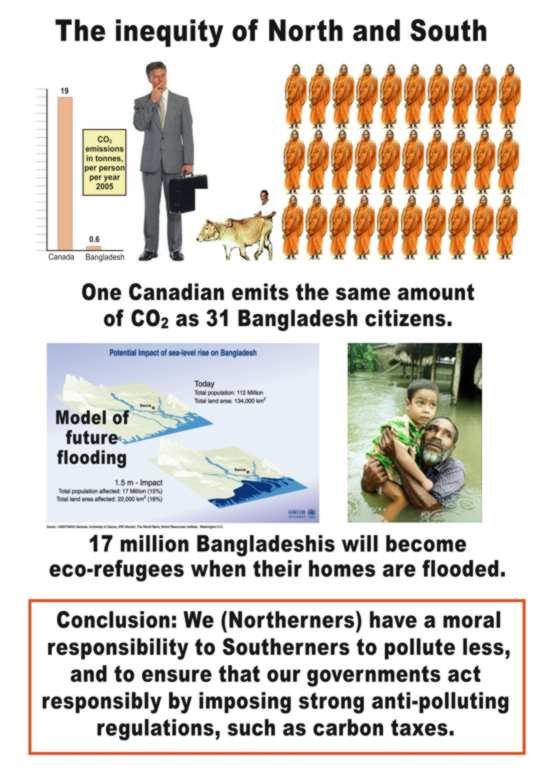
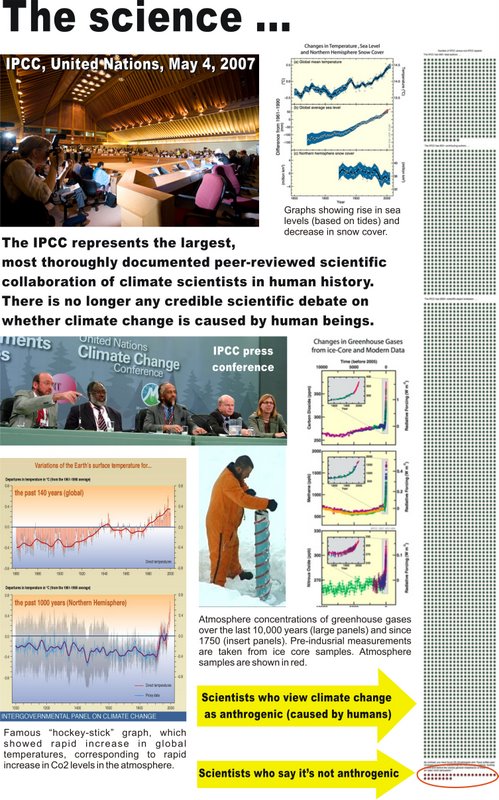
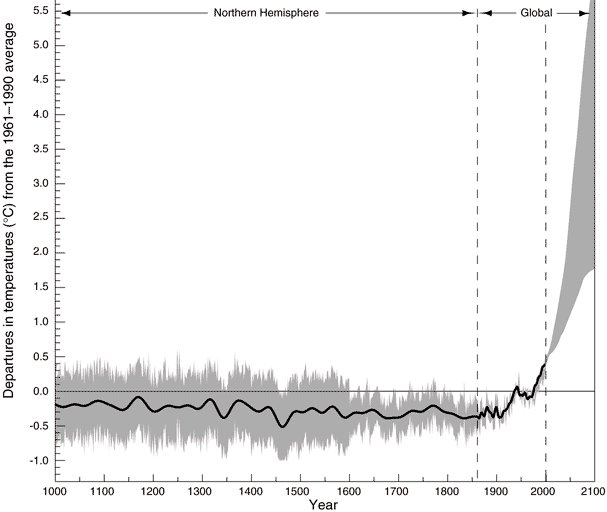


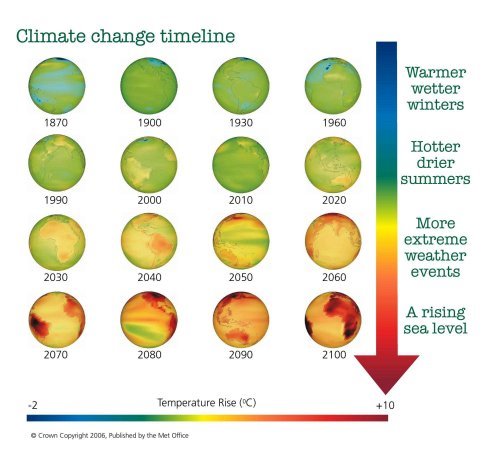




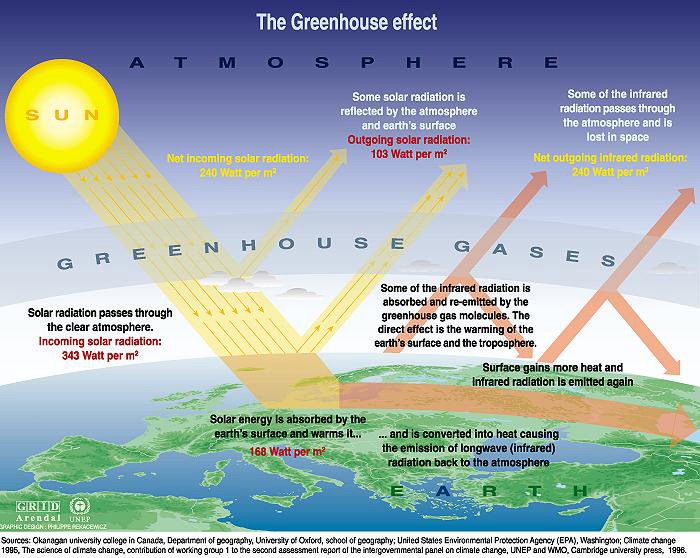
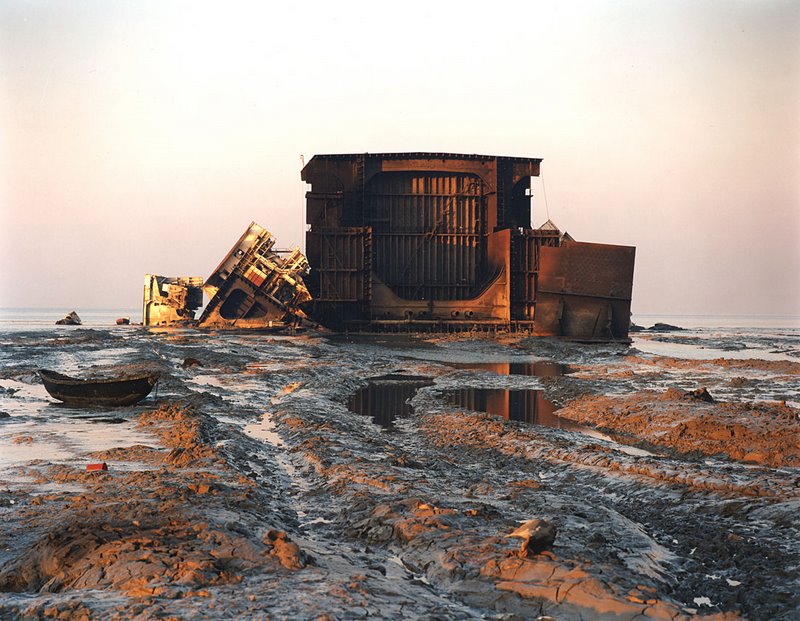
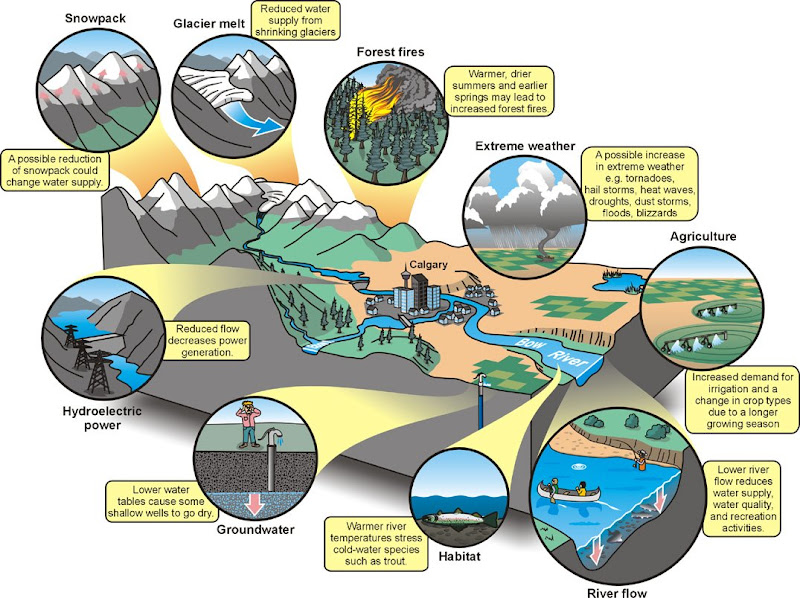

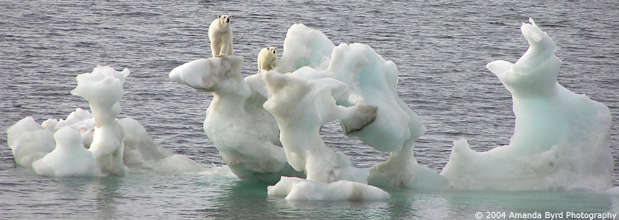





No comments:
Post a Comment